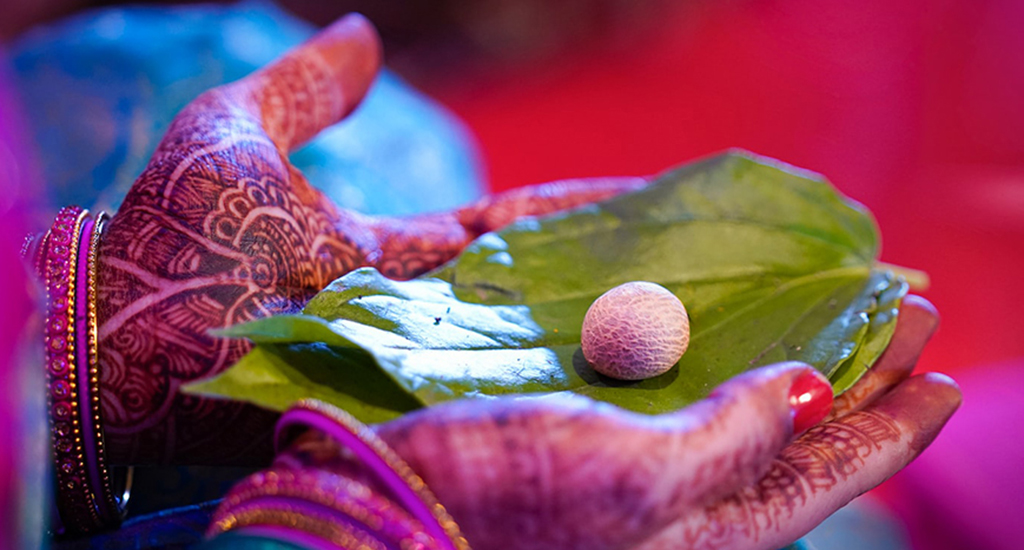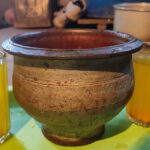When people in Delhi, Mumbai or other metropolitan cities talk about “the need to bring marginalized people into the mainstream,” I always wonder who they are talking about.
Actually, people living in big cities, like me, are the ones who need to look back and see that they are on the margins as most of India still lives in its villages. Urban Indians think that we represent India, but we don’t really know the ground realities of two-thirds of the country.
While living in the rural parts of India, I have come across many such realities – customs, traditions and insights – I think need to be shared with more people.
One of them is the “reverse dowry” custom that is prevalent among the Barela tribes in Madhya Pradesh.
What is reverse dowry?
We are all familiar with the term “dowry,” but have you ever heard about “dower” or “bride price?”
Yes, there is a practice of paying for a bride, often called “reverse dowry.”
Dower is a system of the groom registering a property in the bride’s name at the time of marriage. This property remains in her ownership and control, but is really a payment by the groom or his family to the bride’s parents.

This reverse dowry custom is practised by some tribal communities throughout the country.
Is reverse dowry good for the girl?
Typically in rural India a bride’s family gives a large amount of money, or dowry, to the groom often by borrowing and remaining in debt to do so. This results in many families finding girls a huge financial burden, which has lead to decades of infanticide throughout the country.
So when the opposite custom prevails – with the girl’s family receiving money for her marriage instead – it sounds empowering for women, doesn’t it?
But, no.
It is equally harmful to women.
In the tribal belts the villages decide the price, with their discussions being “If we choose a girl from this village, we’ll have to pay Rs 50,000, but for a girl from the other village, we have to pay only Rs 20,000.”
They also play a role in the criteria of selecting the girl.
Parents typically choose an older girl for their son. For example, an 18-year-old boy gets married to a 22-year-old girl. But more importantly they want a girl who can share physical labour.
A workhorse for a bride
Parents look for a girl who will work more on the field as well as at home in the absence of the other family members, and who will have a child soon after getting married.

Preference is also given for a girl who can go far to fetch the water.
The girls in the Barela community work in the fields more than men. Preparing the field after harvesting, sowing seeds, removing weeds and harvesting the crops – are all done by the women.
That is the reason they become an important asset for the family and that’s how the system of asking money for their girls while marrying them started.
According to the late anthropologist Jack Goody, in sparsely populated regions where shifting cultivation takes place, most of the work is done by women. These are the societies that give a “bride price.”
Despite the type of cultivation, the Barelas do practise the reverse dowry custom.
But the way it is perceived in the community is that the groom’s family has “bought” the girl and she should do whatever she is asked to do.
Thus patriarchy is at work, making women vulnerable.
Impact on education and health
One of the problems is that the girls get married very young, before getting to know their body properly. Early pregnancy results in issues related to sexual reproductive health, anaemia and malnutrition.
I have tried to talk to the women about such issues, giving them a safe space to talk about the problems of an early marriage, of choosing a younger man for the extra money and the importance of their education.
But I realize that, perhaps, when urban Indians are trying to address problems of inequality and patriarchy, it would help if we knew more of the customs and nuances that make up rural life.
Lead image courtesy Vaibhav Nagare, Unsplash.
Sanjana Kaushik is the Manager – Youth Hub, at Village Square.








